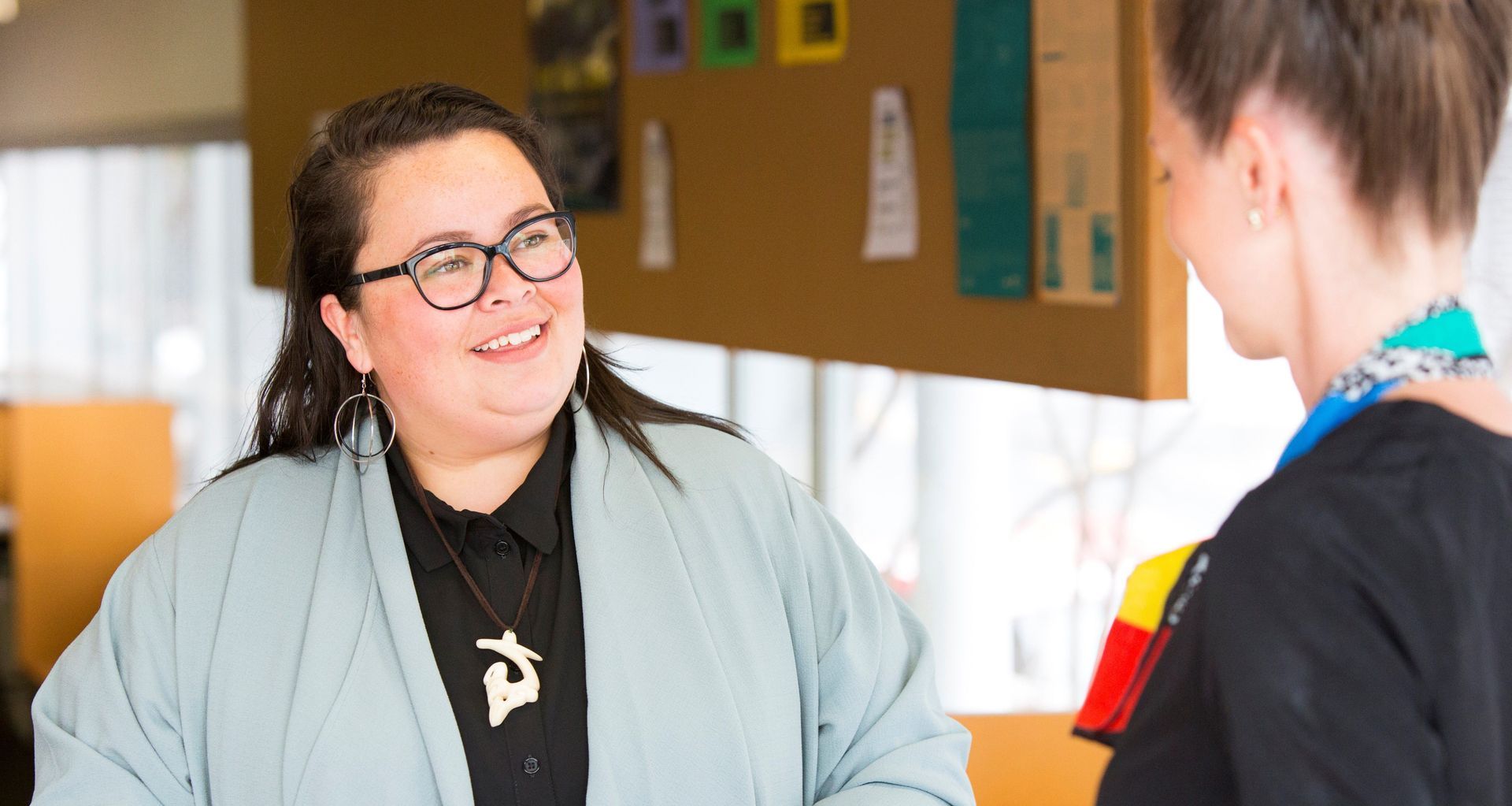Architects and engineers commit to diversity
Written by
21 February 2020
•
3 min read

New Zealand’s leading architecture and engineering firms have made a public commitment to increasing diversity and inclusion in their professions.
Yesterday saw the launch of the Diversity Agenda Accord, the next step in The Diversity Agenda, which was launched two years ago by Engineering New Zealand, Te Kāhui Whaihanga New Zealand Institute of Architects (NZIA), and the Association of Consulting Engineering New Zealand. Since its inception, The Diversity Agenda has achieved a lot with more than 165 organisations now signed up as members.
All facets of diversity are accounted for in the Accord. An Agenda survey conducted last year found Pākehā men were still the dominant demographic in the industry. Women made up only 16 per cent of engineers and 25 per cent of registered architects, and Māori accounted for just three per cent of Engineering New Zealand’s members.
I’m here because I want to make it visible and obvious to other wahine, to other Pasifika and Māori [. . . ] that somebody else has done it.
Engineering New Zealand chief executive Susan Freeman-Greene said a skills shortage in both industries would put pressure on the country and diversity was a key factor in attracting more people to the architecture and engineering professions.
“Many still associate a certain stereotype with these professions. We are working hard to remove these perceptions and make engineering and architecture appealing to a wider range of people. As the future problem solvers of many of Aotearoa’s major issues, we need our professions to reflect the bread of our communities,” Freeman-Greene said.
“It’s imperative engineers and architects represent everyone so the world they create reflects the communities they support. Not only does diversity help provide insight into an organisation’s wide range of client needs, but has proven to make organisations more effective, successful and profitable.”
Speaking yesterday at a launch event for the Accord at Parliament’s Grand Hall, Elisapeta Heta, senior associate Kaihautū Whaihanga and Māori design leader at Jasmax, said it was important for diverse voices to make themselves heard.
“I’m here because I want to make it visible and obvious to other wahine, to other Pasifika and Māori coming through the communities, who are potentially looking at architecture as an option, to see that somebody else has done it. And hopefully, they don’t have to fight to the level I’ve had to fight to receive the accolades and the acknowledgement I get to enjoy.”
The Accord sets out the tenets member firms must commit to, and requires annual reporting and data collection to show how their pledge is being met. An annual ‘peer accountability review summit’ will also be held, where signatories will discuss their performances over the 12 months prior.
<sup>Banner image: Elisapeta Heta, Jasmax</sup>